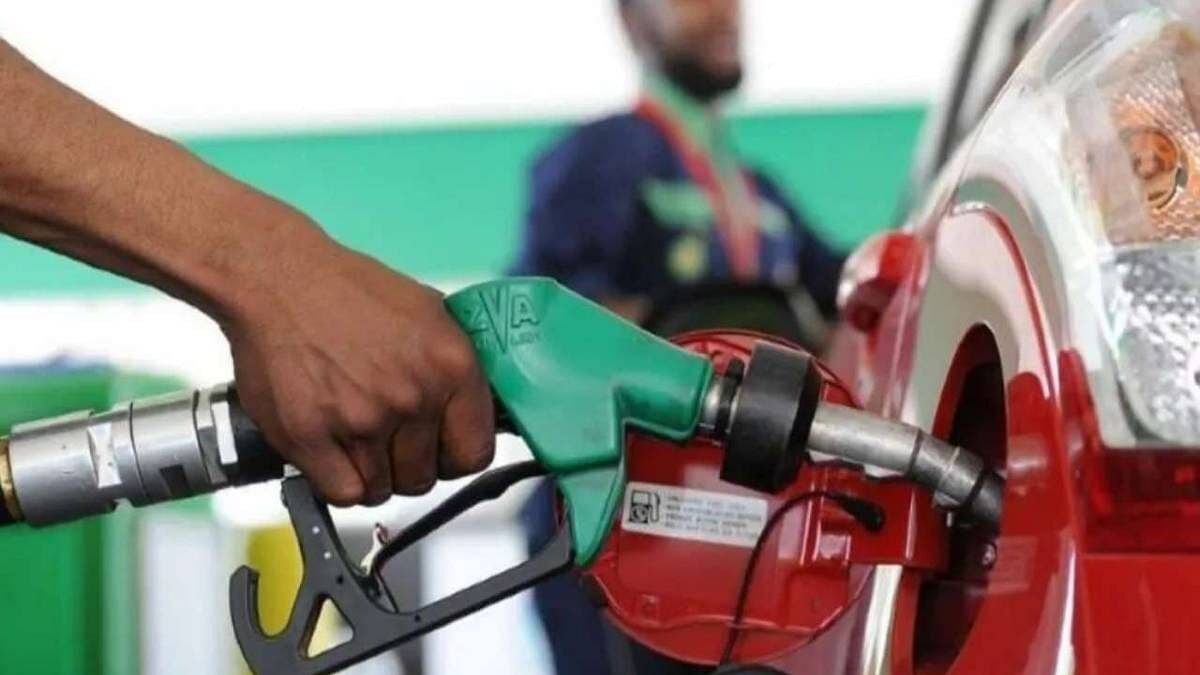Not without pitfalls

Last week on Friday, the government imposed an export tax of Rs 6 on petrol and Aviation Turbine Fuel (ATF), and Rs 13 on diesel. The government also imposed a Rs 23,250 per tonne additional tax on crude oil produced domestically. These additional levies are termed as windfall tax — imposed on extraordinary profits that accrue not from investment decisions or innovation of companies, but from external market factors beyond their control. Specifically, the imposition of windfall tax in India is triggered by the superfluous profits made by oil marketing companies like ONGC, OIL and Reliance in preceding quarters. Oil and Natural Gas Corporation (ONGC) and Oil India Limited (OIL) had reported exorbitant profits in the March quarter when international oil prices stood at around USD 139 a barrel. While ONGC recorded a 258 per cent rise in profit in FY 2021-22 over the previous year, OIL also grew by 123 per cent. At the same time, Reliance and Nayara are reported to have made huge profits by refining and exporting discounted Russian oil — facilitated into the country on account of a special global scenario. Since most of Europe was not trading oil with Russia, the oil marketing companies acted as a bridge — garnering great profit at the same time. Finance Minister Nirmala Sitharaman rightly clarified that the government doesn't "grudge people earning profits" but "If oil is not being available and is being exported with such phenomenal profits, we need some of it for our own citizens." While the OMCs were making big profits, citizens were paying big for petrol and diesel; and while large amounts of fuel were exported, petrol pumps were running dry in certain states. A balance has to be maintained. It is heartening that the government has intervened to plug the gap. Additional revenue earned by the government can be used to ease off the burden from the common person's shoulders. The government's decision is also seen as an effort to offset the losses it has incurred by slashing excise duty on petrol and diesel. Amid soaring inflation, cutting excise duty had become an imperative for the revenue strapped government. Windfall taxation is estimated to add some Rs 65,000 crore to the government exchequer annually. At a time when the economy is rattled by many woes, windfall taxation has been a smart move. This, however, cannot hide a couple of shortcomings that the scheme will come along with. The government's move, in no way, should adversely affect the domestic production and refining of crude oil. In particular, the ONGC needs to ramp up its capital expenditure over the coming years in order to attract investors in the exploration sector. India's domestic production of oil is already plagued by a range of factors including non-upgradation of technological methods, declining output from old and obsolete oil fields, and lackadaisical approach in exploration of alternative fuels. Any one-off measure cannot be allowed to hamper the long-term prospect of boosting self-reliance in the fuel sector. The government has very rightly clarified that windfall tax will be withdrawn when the profits come down. India's Revenue Secretary Tarun Bajaj said that India will drop windfall tax when oil prices fall to USD 40 a barrel. It has also provided for a 15-day recurring assessment cycle to trace how things pan out on the ground. The government needs to be extremely cautious regarding India's domestic production prospects, and place proper checks and balances to ensure that OMCs don't have to suffer from the move. Merely a couple of days after the tax was imposed, both OIL and ONGC are witnessing their shares going down in the stock market. India is one of the several countries including the UK and Italy that have decided to go for windfall taxation to appropriate revenues from those who earned disproportionately during the Russia-Ukraine conflict. The move is, no doubt, based on sound logic but potential pitfalls will have to be addressed proactively.



